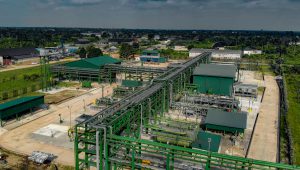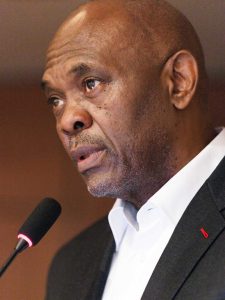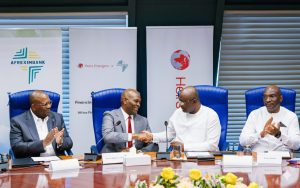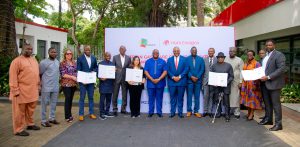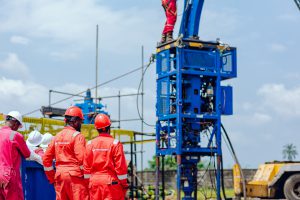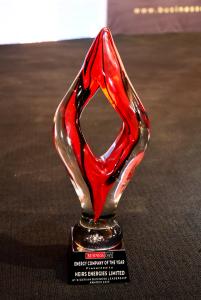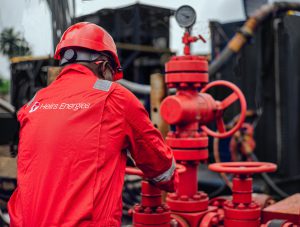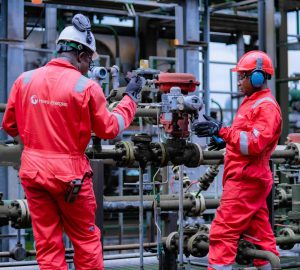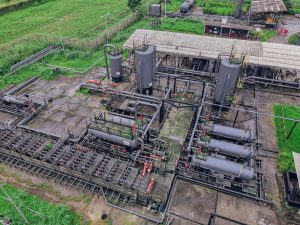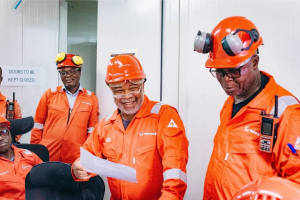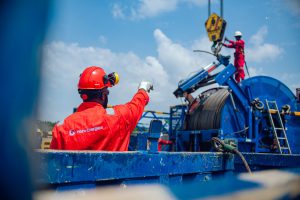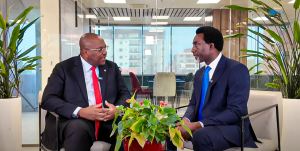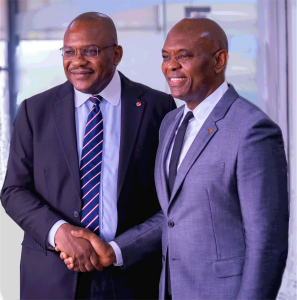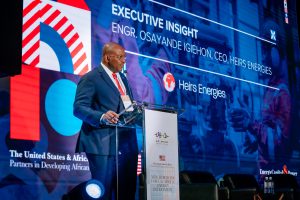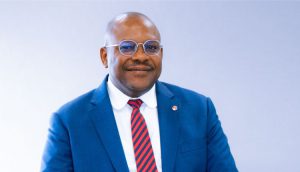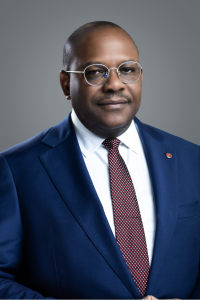OP-ED – By Debo Adebajo: Vice President, Technical, Heirs Energies...
Read More
Heirs Energies Limited Acquires Maurel & Prom’s 20.07% Stake in Seplat Energy Plc in ~US$500 Million Transaction
Lagos, Nigeria, 30/12/25 Heirs Energies, Africa’s leading indigenous integrated energy...
Read More
Heirs Energies Agrees $750m Afreximbank Financing to Drive Long-Term Growth
Abuja, Nigeria | 20 December 2025 – Heirs Energies Limited,...
Read More
From Flares to Value: NNPC/Heirs Energies Lead Responsible Gas Commercialisation at OML 17
Lagos, Nigeria | 9 December 2025 The NNPC/Heirs Energies OML...
Read More
NNPC/Heirs Energies Breaks New Ground as OML 17 Doubles Output, Adding Over 135 MMscf/d to Nigeria’s Domestic Gas Supply
Lagos, Nigeria – 26 November 2025 – The NNPC/Heirs Energies OML...
Read More
CFO Of The Year: Sam Nwanze Recognised For Shaping Finance Strategy In Africa’s Energy Transition
Heirs Energies’ Chief Financial Officer and Heirs Holdings Group Chief...
Read More
Heirs Energies Recognised as 2025 Energy Company of the Year
Heirs Energies has been awarded the ‘Energy Company of the...
Read More
A Champion of African Finance: Our CFO, Samuel Nwanze, Crowned Africa CFO of the Year
We are thrilled to announce an exceptional achievement that fills...
Read More
Heirs Energies to unlock new era of industrialisation with gas exploration
Driven by its African identity, Nigerian independent Heirs Energies operates...
Read More
Heirs Energies is putting Africapitalism into action
Driven by its African identity, Nigerian independent Heirs Energies operates...
Read More
From Risk to ROI: Heirs Energies’ OML 17 Success
Heirs Energies’ acquisition of Oil Mining Lease (OML) 17 in...
Read More
Made In Nigeria: Heirs Energies Leans On Local Talent To Revive OML 17
With investments in training and indigenous contractors, Heirs Energies restored...
Read More
Africa’s energy future: Why optimism is warranted
By Osa Igiehon October 6, 2025 As Africa Energy Week...
Read More
Heirs Energies Champions Indigenous Leadership and Africapitalism at African Energy Week 2025
Lagos, Nigeria – 24 September 2025 – Heirs Energies, Africa’s...
Read More
Why do millions still live without electricity in Africa?
Addis Ababa, 23 September 2025 (ECA) - Hundreds of millions...
Read More
Heirs Energies and World Literacy Foundation Join Forces to Transform Literacy in Rivers State, Nigeria
Port Harcourt, Nigeria – 8 September 2025 – In commemoration...
Read More
Heirs Energies: An African Champion
We hear a lot about African champions, African role models,...
Read More
Heirs Energies Strengthens Africa’s Energy Voice at Major International Forums
Lagos, Nigeria – 18th August 2025 – Heirs Energies, Africa’s...
Read More
Heirs Energies will expand across Africa — Osa Igiehon, CEO Heirs Energies
The Chief Executive Officer (CEO) of Heirs Energies, Mr. Osa...
Read More
Heirs Energies CEO to Advocate for Africa’s Energy Sufficiency At The 2024 U.S.-Africa Energy Forum
Lagos, Nigeria – 4th August 2025 – Heirs Energies, Africa’s...
Read More

